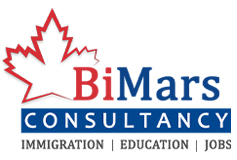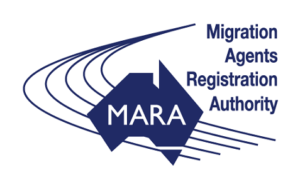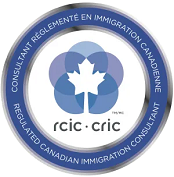Canada adds several countries to its travel ban
The Canadian government announced on November 30 that further nations would be added to the list of countries that are now subject to severe border controls.
Due to Omicron variant concerns
Countries included are Nigeria, Egypt and Malawi. They join the list of seven South African countries that imposed sanctions on them last Friday.
The 10 affected countries are:
- Botswana
- Egypt;
- Eswatini;
- Lesotho;
- Malawi;
- Mozambique;
- Namibia;
- Nigeria;
- South Africa; and
- Zimbabwe.
Foreigners traveling to these countries for the past 14 days have been barred from entering Canada. Canadian citizens and permanent residents who have been staying in any of these countries for the past 14 days must obtain a negative PCR test in a third country before being allowed to travel to Canada, even if they have been fully vaccinated.
Upon arrival in Canada, all Canadians traveling to these countries must complete the Covid-19 test. They should be isolated for 14 days and complete the test on the 8th day.
Passengers arriving by air must stay in a designated segregated facility while waiting for their arrival test results. They will be allowed to leave as soon as the test results are negative.
Ground visitors may be allowed to go directly to the isolated area specified in their isolation plan. If there is no suitable isolation plan, they should go to the designated isolation facility.
In a press release, the government says there will be more scrutiny of segregation programs for travellers from these countries and strict monitoring to ensure compliance with segregation measures.
Travellers who have entered Canada from these countries in the last two weeks will be contacted by Health Canada, who will be advised to get tested and quarantined while waiting for their findings.
Travelers from all other countries
All air travellers (except those from the United States), regardless of their Canadian immigration and immunization status, must be screened at the airport where they land in Canada. They should be self-isolated until a negative test is confirmed.
This is in addition to the pre-PCR tests they must receive within 72 hours of traveling to Canada.
These new measures apply to both Canadian citizens and permanent residents and those who have been fully vaccinated. Canadian government ministers told a news conference that they would consider adding these requirements to travellers entering Canada by air and / or land from the United States.
From November 30, the vaccine is required to travel inside and outside Canada. Authorities will no longer accept the valid COVID-19 molecular test as an alternative to the vaccine until passengers are exempted due to their medical inability to be vaccinated.
Canadian citizens and permanent residents who leave Canada and re-enter within 72 hours are not required to provide a pre-entry molecular test result.
All travellers are required to submit their travel documents to the CAN processor that comes with their phones or website.
Omicron in Canada
A new variant of COVID-19, Omicron, was discovered in South Africa last week and has come under severe scrutiny since it caused concern around the world.
The World Health Organization describes the omicron variant of the corona virus as “extremely high risk” worldwide and the potential for it to spread worldwide is significant.
It’s unclear how contagious the variation is, how harmful it is, or whether it’s vaccination resistant.As of November 30, seven cases of the Omicron COVID-19 variant have been confirmed in Canada, and several potential cases are under investigation.



